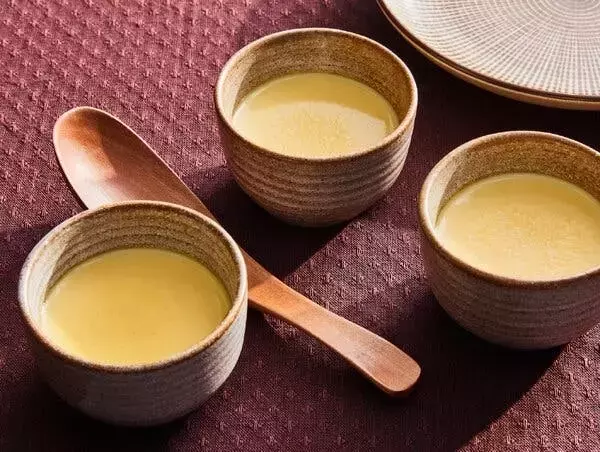
In a world where culinary traditions are celebrated, eggs stand out as an ingredient that transcends cultures and eras. This article delves into the significance of eggs, particularly through the Japanese delicacy known as Chawanmushi. While seemingly simple, this dish elevates eggs to an art form, blending them with other ingredients to create a savory custard-like experience. Beyond its gastronomic appeal, the egg has historical roots tied to festivities and cultural practices. From rolling eggs down hills in ancient Britain to modern-day Easter celebrations at the White House, the egg symbolizes renewal and resilience. However, recent economic shifts have redefined its status from staple to luxury item, prompting us to reconsider its true value.
The history of eggs is rich and multifaceted, intertwining with human traditions over centuries. Historians trace the practice of egg rolling back to pagan rituals celebrating spring's arrival, later adopted by Christians as a metaphor for resurrection. These customs evolved into organized events like the annual Easter Egg Roll at the White House, which began informally in 1878 under President Rutherford B. Hayes. What started as a playful activity for children has since become a cherished national tradition, interrupted only by extraordinary circumstances such as wartime or pandemics. Yet, beyond these symbolic uses, eggs have always been more than mere commodities; they are nutritional powerhouses capable of transforming dishes into masterpieces.
Today, rising costs have thrust eggs into the spotlight as a valuable resource rather than a taken-for-granted essential. According to recent data from the U.S. Bureau of Labor Statistics, prices have surged significantly, making eggs less accessible for many households. Despite this challenge, their versatility remains unparalleled. Eggs possess unique properties that bind disparate elements together, creating textures and flavors found nowhere else. For instance, in baking, they lend lightness to cakes and structure to soufflés. In traditional Japanese cuisine, Chawanmushi exemplifies how eggs can harmonize ingredients into a cohesive, delicate dish. The preparation involves careful layering and steaming, resulting in a velvety texture that encapsulates the essence of simplicity elevated to sophistication.
Beyond practical applications, eggs carry profound symbolism. Their symmetrical shells house vital nutrients necessary for life itself, embodying protection and nourishment simultaneously. Whether used ceremonially or consumed daily, eggs remind us of nature’s generosity and our responsibility to appreciate it fully. As we navigate changing economic landscapes, perhaps revisiting age-old recipes like Chawanmushi offers not only comfort but also insight into sustainable living.
As prices fluctuate and traditions endure, one truth remains constant: eggs deserve recognition as both a cornerstone of global cuisines and a symbol of enduring vitality. By embracing dishes like Chawanmushi, we honor their potential while reconnecting with culinary heritage. Ultimately, understanding eggs' multifaceted role enriches our appreciation of food culture worldwide, reminding us that even humble ingredients hold boundless possibilities when viewed through creative lenses.
